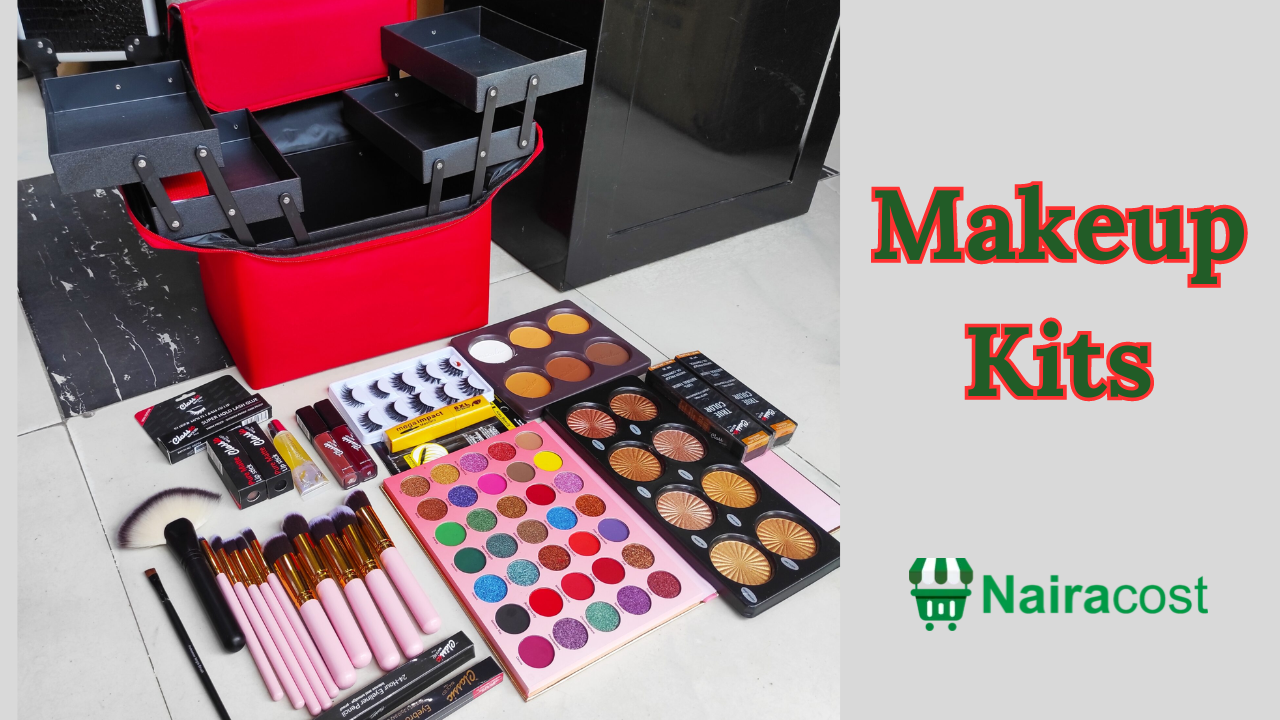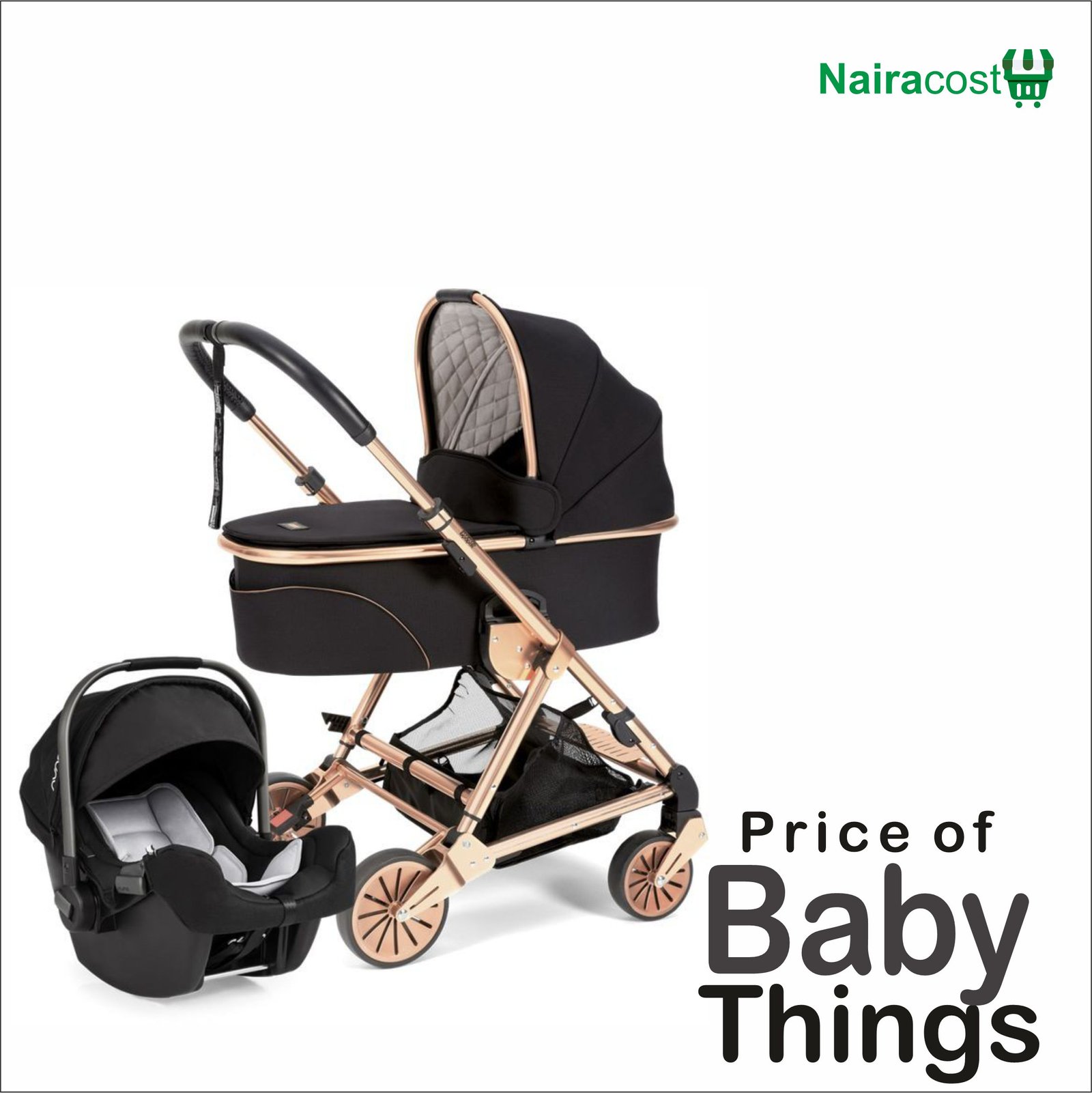Poultry cages are like comfortable homes for chickens, which are specially designed enclosures made of wire or mesh that provide a safe and clean space for chickens to live in. These cages keep the chickens organized, making it easier for farmers to care for them and collect eggs. Poultry cages are essential in modern farming, ensuring chickens to have the right conditions to lay eggs and grow while keeping them protected from predators and diseases.

You can reduce the expenses of raising different types of chickens like Layers, Broilers, Noilers, Cockerels, Kuroiler, or any other breed in Nigeria by purchasing affordable poultry cages. Whether you opt for plastic, wooden, or battery system cages made of iron, it’s essential to provide your birds with a comfortable and easy-to-maintain environment. This helps them efficiently turn the feed you provide into eggs or meat, depending on your goal.
In this article we will discuss in details the price of poultry cage in Nigeria.
Price of Poultry Cages in Nigeria
In Nigeria, the price/cost of raising chickens can vary a lot. It usually depends on how many chickens you’re raising in a more traditional way. You might spend anywhere from ₦75,000 ₦250,000, and this is more likely if you’re dealing with a small number of chickens/birds.
If you want to set up a big chicken farming operation, it might be pricier/costly because you’ll need to hire a construction engineer. This could cost anywhere from ₦2,000,000 – ₦10,000,000, depending on how many chickens you plan to keep.
These chicken cages are quite common and easy to take care of. If you can’t buy a new one, they cost between ₦45,,000 and ₦120,000 each. One cage can hold 90 birds if you’re using an extensive farming system. If you’re doing intensive farming, the price can range from ₦650,000 to ₦8,000,000, depending on how many birds you want to raise.
FAQS – Price of Poultry Cages in Nigeria
Why are poultry cages used in farming?
Poultry cages are used to optimize space, manage and protect birds, improve hygiene, and increase egg or meat production efficiency in poultry farming.
What types of poultry cages are available?
There are various types of poultry cages, including battery cages for egg-laying hens, broiler cages for meat production, and grow-out cages for young birds. Cages can vary in design and size based on the specific poultry type and farming goals.
What are the benefits of using poultry cages?
Poultry cages help keep birds safe from predators, diseases, and harsh weather conditions. They also make it easier to collect eggs, maintain hygiene, and manage the feeding and watering of poultry.
How should poultry cages be maintained?
Poultry cages should be regularly cleaned to prevent the buildup of waste and to maintain a healthy environment for the birds. Routine inspections for wear and tear are essential to ensure bird safety and optimal production.
Are there regulations governing the use of poultry cages?
Yes, many countries have regulations and standards for poultry cage design, size, and bird welfare. Compliance with these regulations is crucial for ethical and sustainable poultry farming.
Do birds in poultry cages have enough space to move around comfortably?
The space provided in poultry cages varies depending on the type of cage and regional regulations. Some cages are designed to provide adequate space for birds to move, stand, and lay eggs comfortably, while others may have limited space.
Is there an alternative to using poultry cages for bird housing?
Alternative methods, such as free-range or cage-free farming, allow birds more freedom to move, but they come with their own challenges. The choice depends on factors like bird welfare, production goals, and consumer preferences.
What should be considered when choosing poultry cages?
When selecting poultry cages, factors to consider include bird type, space availability, local regulations, and the goals of the poultry farm, whether it’s for egg production, meat production, or both.
Conclusion
In conclusion, Poultry cages are like a must-have in today’s chicken farming. They’re like the cozy homes for chickens, which will make it easy to raise them for meat or eggs.


